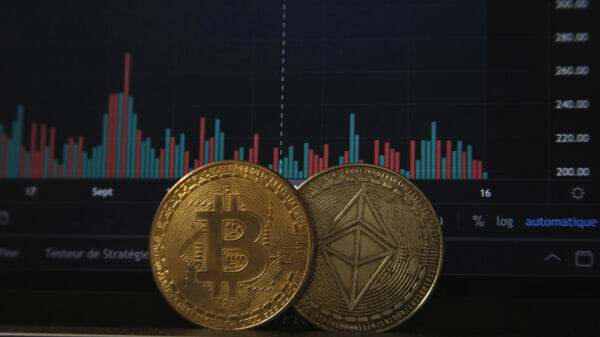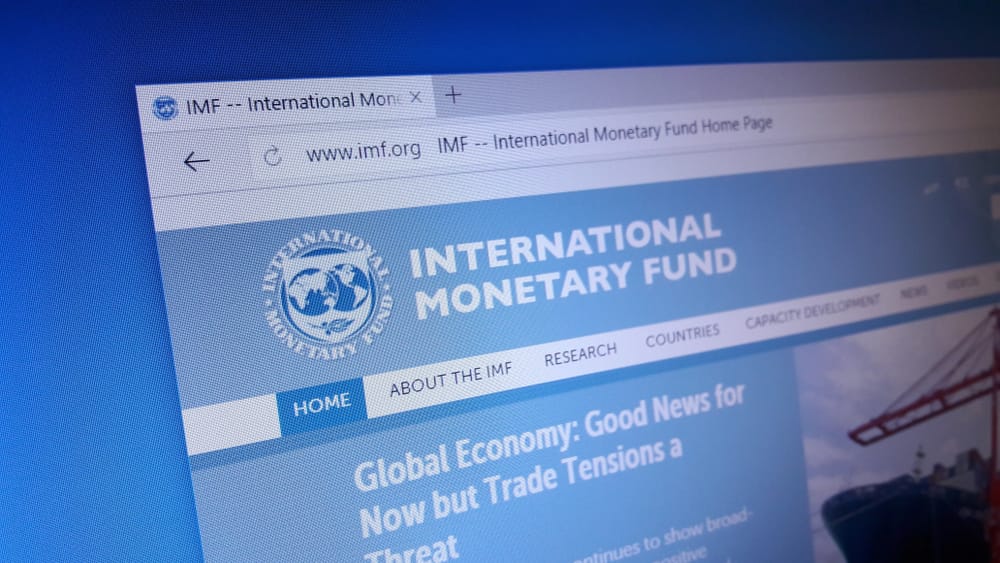Argentina has successfully used its Chinese currency swap line to make a portion of its October payment to the International Monetary Fund (IMF), according to a reliable source. This strategic move demonstrates Argentina’s commitment to meeting its financial obligations while navigating complex economic challenges.
In total, Buenos Aires owed the IMF a sum of 1.98 billion special drawing rights (SDR), equivalent to $2.6 billion. With only 1.4 billion SDR available last month, Argentina effectively leveraged the Chinese yuan to bridge the financial gap, demonstrating a practical solution to its obligations.
The payment in question relates to maturities arising from a $44 billion debt agreement between Argentina and the IMF, which serves as a replacement for a previous bailout program from 2018.
Argentina’s use of the Chinese yuan reflects its ongoing struggle with dwindling dollar reserves, leading the government to seek support from its $18 billion yuan swap line on multiple occasions throughout the year. Between June and July, the country used $2.8 billion worth of yuan to fulfill its IMF commitments.
Interestingly, Argentina has also used IMF funds to settle its dues with China. In August, Argentina successfully repaid $1.7 billion to the People’s Bank of China through a disbursement secured from the IMF. This responsible financial management extended to other lenders, including Qatar and the Development Bank of Latin America.
Argentina’s foreign exchange markets saw a significant increase in daily yuan transactions, reaching a record high of 28% in June. Over 500 companies explored the possibility of conducting import transactions using the yuan, emphasizing the growing economic ties between the two nations.
While the yuan gains ground in Argentina, the US dollar remains a preferred choice among consumers seeking stability amid hyperinflation that has eroded confidence in the country’s peso.
The idea of dollarizing Argentina’s economy has taken center stage in the country’s recent presidential elections, championed by candidate Javier Milei. Although the elections were held in October, a runoff between Milei and Economy Minister Sergio Massa is scheduled for November 19, with economic policies and currency strategies at the forefront of the debate.
Image Source: Stanislau Palaukou / Shutterstock













































